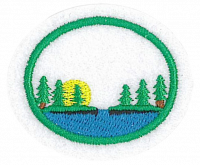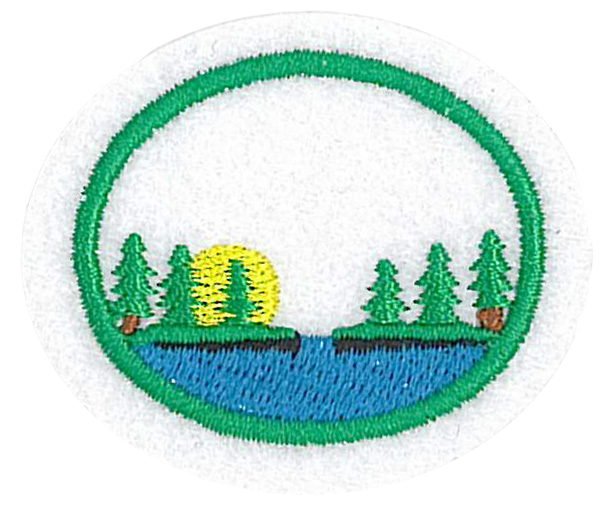Especialidades JA/Pantanos y ciénagas/Requisitos
Nivel de destreza
2
Año
2014
Version
14.02.2026
Autoridad de aprobación
Asociación General
1. ¿Qué es un pantano? ¿Cómo es único?
2. ¿Dónde se encuentran los pantanos?
3. Nombrar seis cosas que son necesarias para la formación de los pantanos.
4. Nombrar y describir tres diferentes tipos de pantanos verdaderos.
5.What is the difference between a bog and fen? What is succession and how do bogs and fens illustrate this process?
What are some adaptations of bog plants?
What is Sphagnum Moss and how is it vital to bogs?
What are carnivorous plants and what makes them bog specific? Name and describe at least two of them.
Name and describe five other plants or trees, which are found in bogs.
Name and describe 5 animals that can be found in bogs and fens.
Tell a story about bogs and draw a spiritual lesson.
Do at least 2 of the following activities:
- a.
Visit an exhibit or conservatory of wetland plants, specifically mosses (Sphagnum variety if possible) and carnivorous plants. Look for how they are adapted to living in poor soil, cold temperatures and lack of nutrients.
- b.
Visit a zoo where there are wetland animals. If possible, observe some of the ones you studied while learning about bogs.
- c.
Watch a DVD or video about bogs or plants or animals that live in bogs.
- d.
Draw or paint a picture of something you had fun learning about while studying bogs.
- e.
Talk to your group, or write about or make a short video about a real life bog conservation project. Explain why this specific habitat should be saved, i.e. endangered species of plants and/or animals living there.


